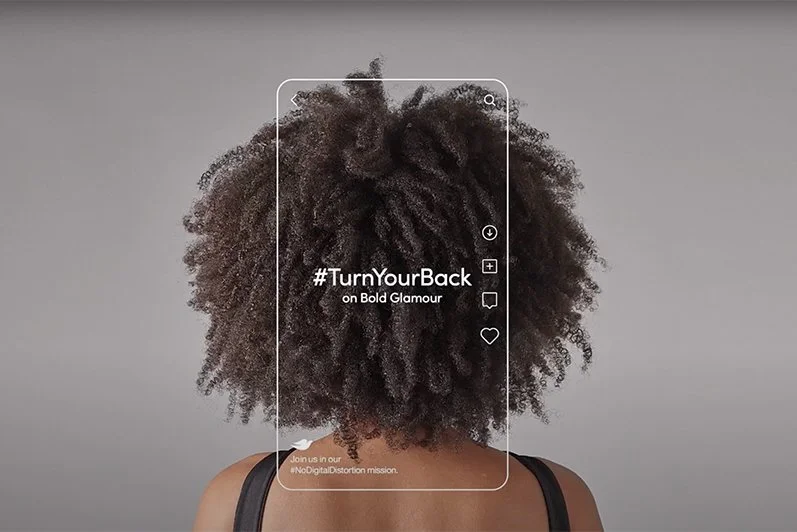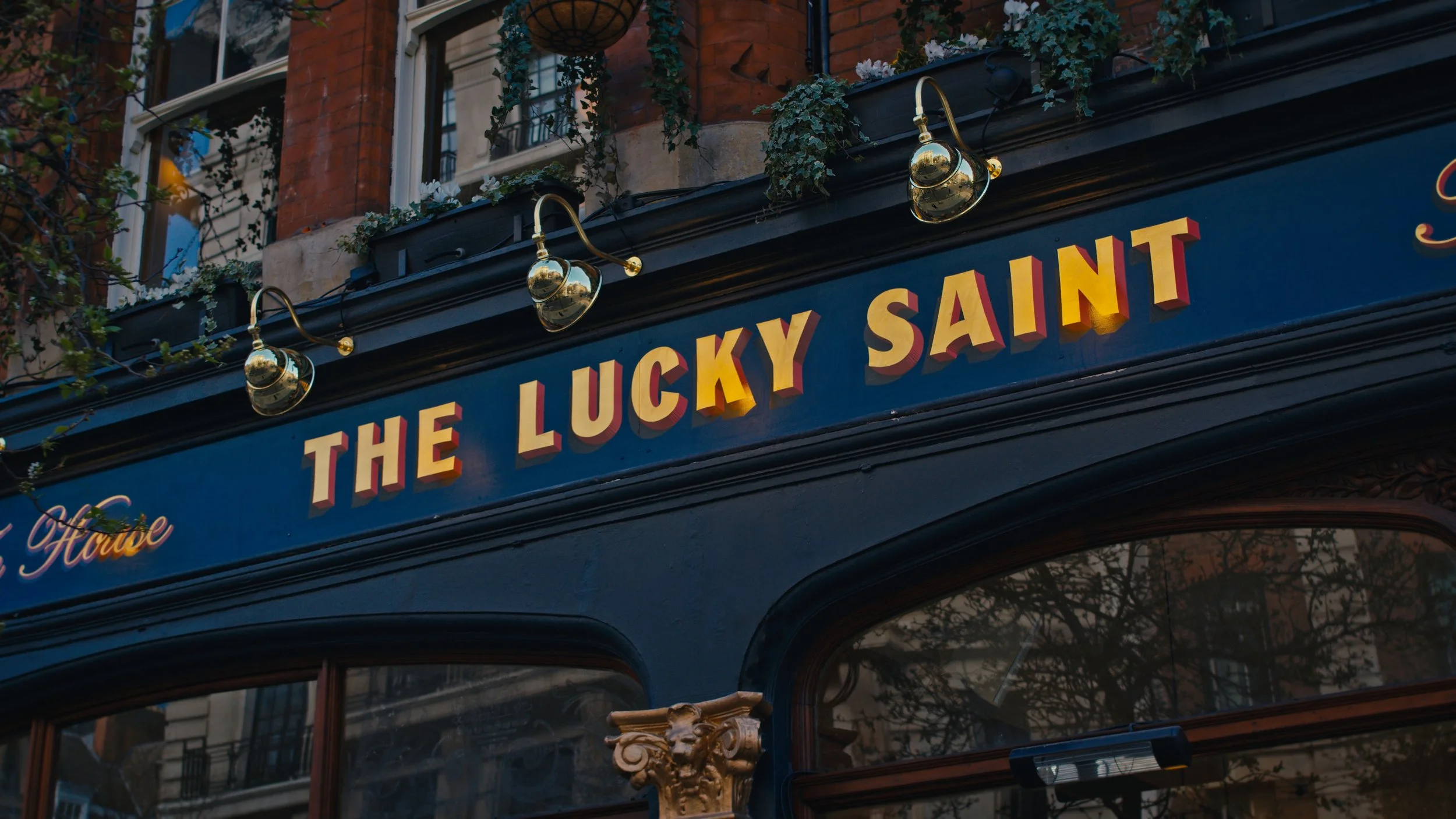Challenger to Watch: The Athletic
Netflix pioneered the subscription model for TV and film. Spotify did the same for music. The Athletic is now banking on repeating the trick for sports journalism.
A website and app that provides access to some of the world's best sportswriters in a simple, pared-back and ad and sponsorship-free reading experience, The Athletic’s subscription-based service costs £9.99 ($10) per month or £59.88 ($60) for the year.
The sports media upstart has raised $139.5m of investment since launching in 2016 with its founders and backers adamant that fans will pay for sports writing if it's of the very best quality.
After launching in the US in 2016, it debuted in the UK in 2019 with Premier League football coverage, and even before launch, was causing controversy. For a challenger in a new market needing attention quickly, that's no bad thing.
A rapid and aggressive hiring approach saw it poach talent from its larger and more established media rivals, luring them with the offer of equity stakes and reports, in some cases, of doubling salaries (something The Athletic has denied). Big-name signings in the UK include experienced, tier-one journalists Oliver Kay from The Times and Amy Lawrence and Raphael Honigstein both from The Guardian. The bullish hiring strategy sent shockwaves through sports media with one broadsheet calling it a 'raid on the newspaper industry'.
It's 'disruption'. But not as we know it. This one seems to have been bought.
The Athletic's brand strategy appears like that of the 'Local Hero' challenger - a brand championing the importance and cultural differences of local needs and offering a deep presence in, and understanding of, those communities. It hopes by providing excellent quality content for lesser-known, regional sports teams, not just a handful of the biggest and most popular teams nationally, it can set itself apart from the media incumbents.
In the UK, this means a dedicated football writer for each Premier League side. "If no-one else is offering even a half-decent effort in terms of covering Southampton, or Derby County, or Leeds, then that's a huge opportunity for us," its Managing Director, Ed Malyon, told Press Gazette. It will be interesting to see how far The Athletic are willing to go with this localised strategy.
The question is, can The Athletic become famous for something other than aggressive hiring in 2020?
When sports media company Copa90 launched in 2013, it had a clear position as a brand. It was standing up for fans against the establishment fat cats of football. Copa90 offered to "Give fans their ball back" as its CEO Tom Thirlwall put it. Its stance gave Copa90 a reason to exist and provided it with a platform for its views and a filter for ideas and content. It's not clear The Athletic has such a strong position as a brand.
Perhaps a quality product and a significant chunk of VC money are enough to succeed.
But in the long-term, I wouldn't be so sure.





















